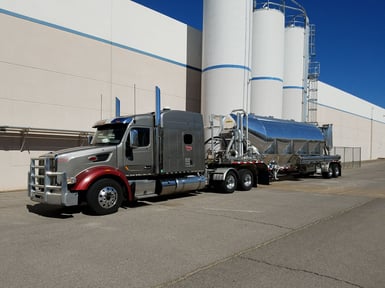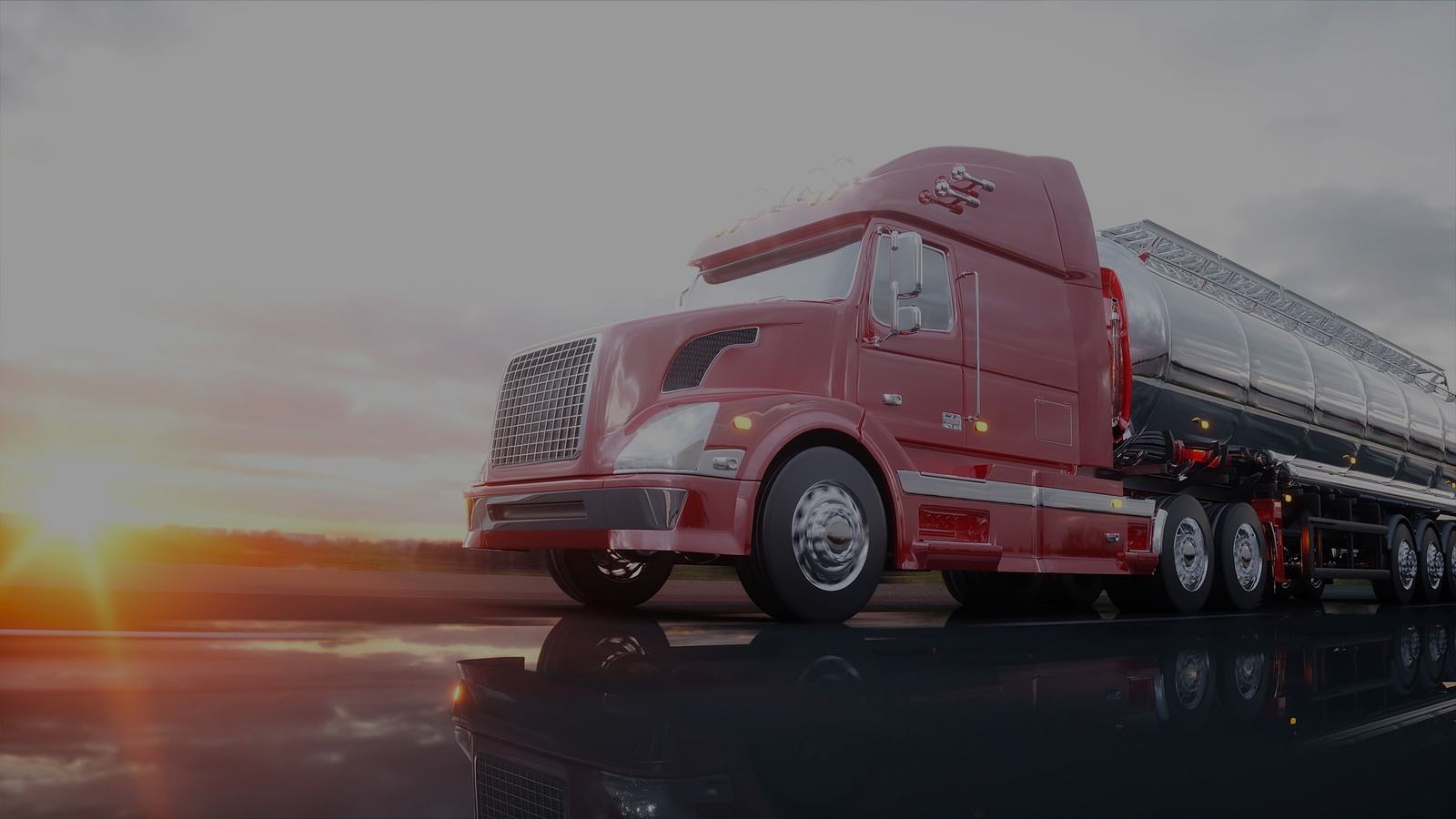In any dry bulk shipping project, countless small particles are combined to form one giant load within a dry bulk tank. The same can be said for the process of dry bulk shipping. There are countless procedural steps that will collectively determine whether shipment of the load is a giant success or a giant – and often very expensive – failure. Good freight brokers understand this and can guide you through every one of these steps before, during, and after your product is transported.
Considerations before your load is picked up
 Much of the success or failure of your bulk freight shipment will be determined by the preparation (or lack thereof) that occurs in the planning stage. A lot of this preparation comes down to simply asking the right questions of the carrier, the receiver, and/or consignee – or leaning on a freight broker with the expertise to ask them on your behalf.
Much of the success or failure of your bulk freight shipment will be determined by the preparation (or lack thereof) that occurs in the planning stage. A lot of this preparation comes down to simply asking the right questions of the carrier, the receiver, and/or consignee – or leaning on a freight broker with the expertise to ask them on your behalf.
Questions about the loading and delivery process and site details will help the carrier avoid unwelcome and time-consuming surprises upon arrival. Here are just some questions relevant to a dry bulk delivery:
- Are there scales on site and, if not, how far is the closest one?
- Is a self-loader required?
- Is a vacuum needed and, if so, what hose size (and, importantly, what fitting size) is needed?
- What are the facility’s operating hours?
- What vessel is the product coming out of and going into (e.g., rail car or silo)?
- If it’s a rail car, will it be in position when the driver arrives?
- Have the contact phone numbers been tested for accuracy in advance of the driver’s visit?
- Have the details of the tank wash been agreed upon?
An experienced provider of dry bulk shipping services will ask even more questions specific to the product and type of tank. Many freight brokers have checklists to ensure they capture all necessary information. Some will go a step further and send an associate to visit the site well in advance of the driver to make sure things are as described.
The bottom line is that planning needs to occur up front. By partnering with the right freight broker, you can both secure capacity for your load and maximize the chance for a successful delivery.
Considerations upon delivery
With careful planning behind you, the driver has picked up the load and is heading to the delivery site. Here, a few new considerations come in to play.
First, there’s paperwork. In addition to the bill of lading, many carriers and freight brokers provide a form for the receiver to sign that confirms all delivery instructions. For example, “on ____ date I have instructed driver ____ to load ____ pounds of blue plastic pellets using hose B1.” This helps settle all the small details of the delivery and avoids ambiguity.
Despite everyone’s best intentions, things can go wrong. Let’s say you’re loading into rail cars and they aren’t in position, requiring the truck and driver to wait on site. The driver is stuck, your product isn’t being delivered, and the meter is running. Who can you call for assistance?
In such cases, it’s helpful to have a freight broker with 24/7 customer service that will have your back throughout every step of the process. If something goes awry, it becomes their mission to work all the angles to make it right.
Considerations after delivery
After delivery, there’s still a bit more work to be done. The paperwork must be scanned and distributed to all stakeholders, and the tank must be washed. And, while the specifics of the tank wash should be worked out in the beginning of the dry bulk shipping process, it’s important to note its significance.
Depending on the material being hauled, a full conversion wash could be necessary. This is a more expensive and time-consuming form of a tank wash but it’s an extremely thorough procedure that not only washes out the trailer, but also removes the lines and valves and washes them before putting it all back together. When you’re talking about the integrity of a load worth tens of thousands of dollars, a few hundred dollars for a conversion wash is actually very cost-effective insurance.
Rely on freight broker experience
Coordination of dry bulk shipping is a job for experienced, buttoned-up people with an eye for detail. If you don’t have the time required, it may be wise to find a freight broker that can source capacity and manage the ins and outs of bulk freight on your behalf.
Bulk Connection has decades of experience in the dry bulk shipping industry, and we’re supported by the largest network of liquid and dry bulk carriers in North America. So, when you’re getting ready to ship your next dry bulk load, lean on Bulk Connection to handle the “before,” “during,” and “after” details.




